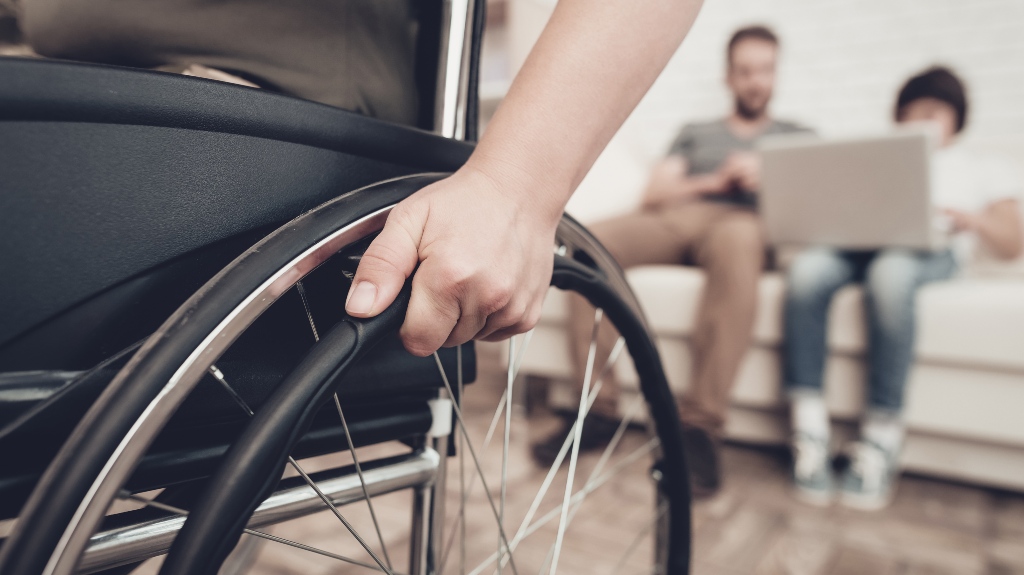
Experiencing a catastrophic work injury can be a life-changing experience, causing physical pain, emotional turmoil, and financial uncertainty. Whether you work in the oil industry, maritime sector, or energy field, it is essential to know the proper actions to take immediately after an accident in order to safeguard your health, legal rights, and future financial stability.
At Parks Law, we are a firm that focuses on representing injured workers in the oilfield, maritime industry, and landowners in Houston, Texas. With a track record of nearly two decades in the legal field and a background in petroleum engineering and geology, our team brings a wealth of knowledge to bear on complex injury cases.
What Is a Catastrophic Work Injury?
A catastrophic work injury is a serious, often permanent injury that significantly impacts a worker’s ability to work and lead a normal life. These injuries may include:
- Traumatic brain injuries (TBI)
- Spinal cord damage leading to paralysis
- Severe burns
- Amputations
- Crush injuries from heavy machinery
- Chronic conditions from toxic exposure
According to the Bureau of Labor Statistics, workplace injuries in high-risk sectors, such as oil and gas extraction and maritime work, remain a cause for concern. If you have experienced such an injury, it is essential to act promptly.
What to Do After a Catastrophic Work Injury
1. Seek Immediate Medical Attention
Your health is the top priority. Even if injuries seem minor, some conditions (like internal bleeding or concussion) may not show symptoms right away. A medical report also serves as crucial evidence for your claim.
2. Report the Injury to Your Employer
It is important for you to inform your employer as soon as possible if you suffer an injury at work in Texas. The law requires workers to report injuries within 30 days in order to strengthen their case. Failing to do so can weaken your claim.
3. Document Everything
- Take photos of the scene, equipment, and any injuries that may have occurred.
- Make copies of any medical records, bills, and correspondence related to the incident, including any communication with employers or insurance companies.
- Ask eyewitnesses for their contact information.

4. Understand Your Legal Rights
Depending on your job, you may be covered under:
- Workers’ Compensation (if your employer participates)
- The Jones Act (for maritime workers)
- Longshore and Harbor Workers’ Compensation Act (LHWCA)
- Personal injury claims (if third-party negligence was involved)
Avoid Common Mistakes That Hurt Your Claim
Delaying medical treatment
Insurance companies may argue that your injuries are not serious. If you delay or avoid medical care after an accident, it can significantly harm your personal injury claim. Insurers often use delays in seeking treatment as evidence that your injuries were not severe or related to the incident. Even if you feel fine immediately after the accident, symptoms may appear hours or days later.
Providing recorded statements without legal advice
Adjusters often use this tactic to deny claims. It can be dangerous to engage in conversation with an insurance adjuster and record a statement without a lawyer. Adjusters are trained to ask questions that may prompt you to say something that could be misinterpreted or used against you. Even honest responses can be twisted to justify denying a claim or reducing a settlement amount.
Accepting a quick settlement
Early offers rarely cover long-term medical costs. Insurance companies often try to settle claims quickly by offering a seemingly generous payout shortly after an accident. However, these early settlements often fail to take into account future medical expenses, ongoing rehabilitation, lost wages, or long-term disability.
Sharing details about your injury on social media
Insurers may use this against you. Even seemingly innocent posts on platforms like Facebook, Instagram, or Twitter could be used by insurance companies to challenge your claim for compensation. Photos or comments suggesting you are participating in physical activities, attending events, or seeming to be in good health could be misinterpreted and used as evidence that your injuries are exaggerated or fabricated.
Why You Need an Attorney
Dealing with a catastrophic injury claim on your own is a risky endeavor. Insurance companies have legal teams that work to reduce the amount they pay out. A catastrophic work injury can be overwhelming, but taking the right actions early on can make a big difference in your recovery – both physically and financially.
If you or a loved one has been seriously injured at work, contact Parks Law PLLC for a free consultation. Let our experience and industry knowledge work for you.
